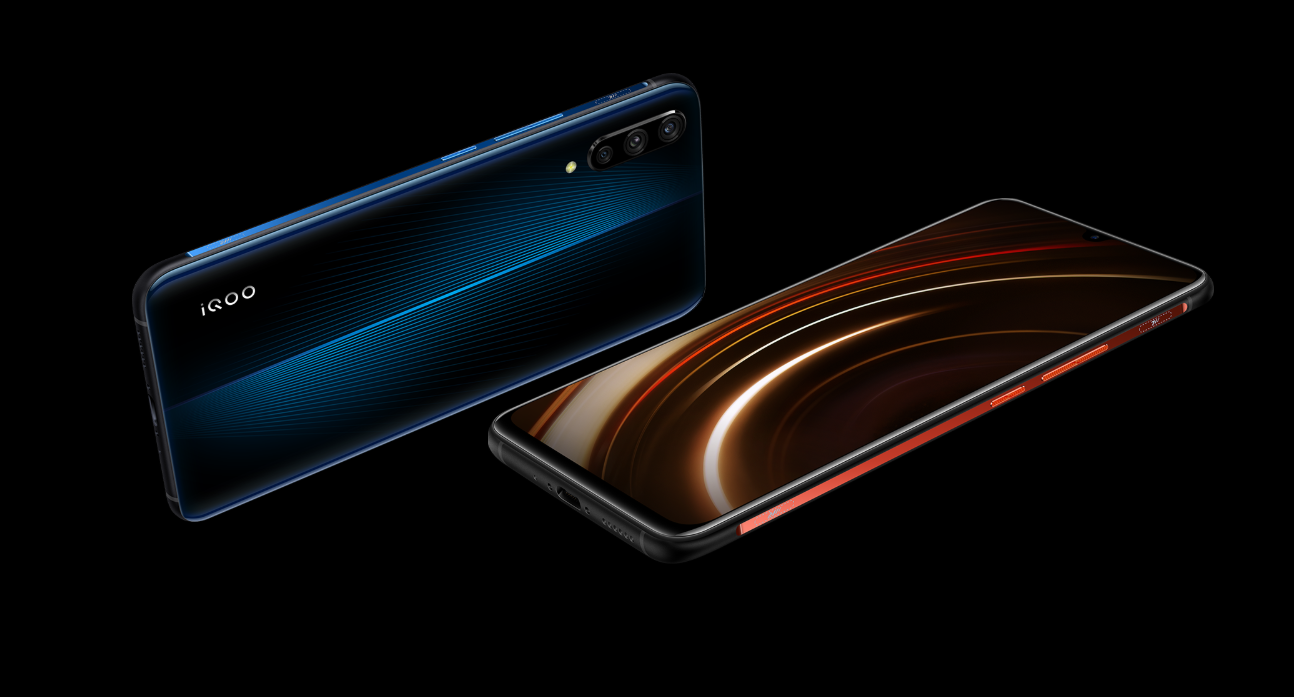
Chinese smartphone makers don't want to make just cheap phones anymore
After Vivo and Xiaomi, Oppo also hopes to make pricier handsets
In China, domestic smartphones were once regarded as cheap alternatives to iPhones and Samsung models. But Chinese brands are trying to roll back this perception these days -- and their weapon is sub-brands.
Oppo is the latest among Chinese phone brands to launch a new line, this time named Reno, set to launch on April 10th. And according to local media, it’s likely to be more expensive than Oppo's usual offering.
Company vice president Brian Shen seemed to confirm that, speaking during the unveiling of the new brand this week:
How Weibo became China’s most popular blogging platform

Xiaomi spin-off Redmi wants to own the budget phone market

But Oppo and other brands might have a long battle ahead.
Shen's comments apparently didn't go down that well -- he eventually deleted his post. This may be because Oppo was long considered as a phone popular with low-income “factory girls“ -- cheap and equipped with strong selfie editing capabilities.
What’s more, despite the announcements, local brands have been shy about raising their price tags too significantly. In China, the highest price for Vivo's iQOO is US$640 (12GB RAM with 256GB storage), and the Xiaomi Mi 9 costs US$596 (8GB RAM with 256GB storage). That’s still far lower than the newest Apple and Samsung flagships, as well as Huawei’s Mate series.
This might be a reason why Oppo seems to be dialing back on futuristic designs: It has dismissed both 5G and bendable phones as not yet ready for the general market.
But it looks like consumers are still looking forward to seeing something different coming from Oppo.
“The Find has risen and fallen. This time, [you] should do something different to make it worth buying,“ said one Weibo comment on Reno's announcement.
For more insights into China tech, sign up for our tech newsletters, subscribe to our Inside China Tech podcast, and download the comprehensive 2019 China Internet Report. Also roam China Tech City, an award-winning interactive digital map at our sister site Abacus.

